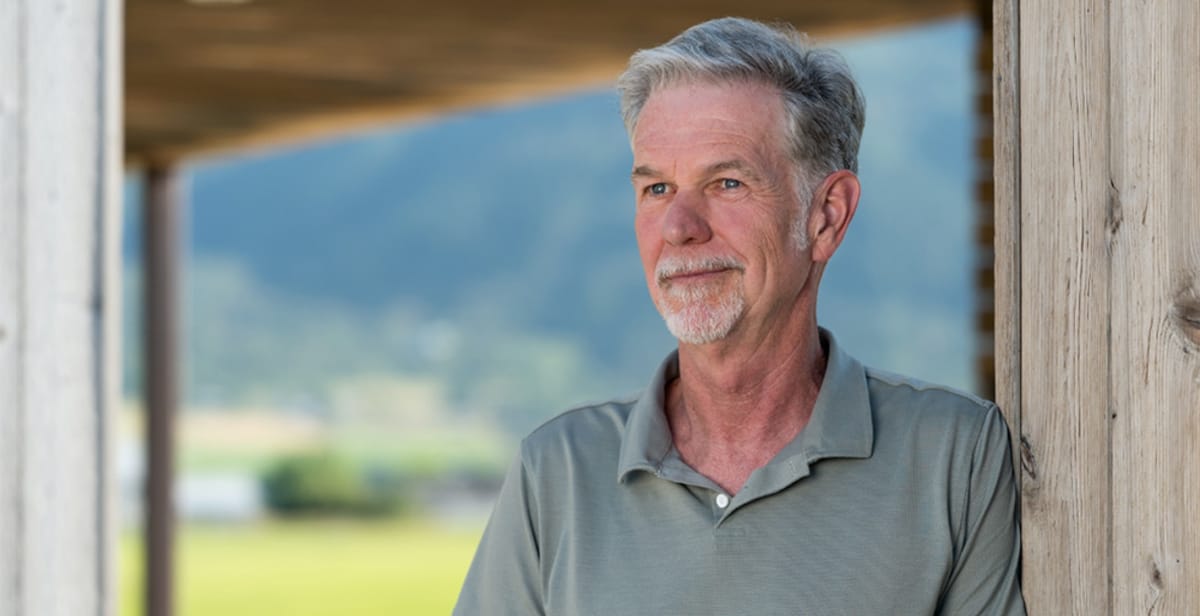
Netflix co-founder Reed Hastings has donated $50 million to his alma mater, Bowdoin College, to establish the Hastings Initiative for AI and Humanity, marking the largest gift in the liberal arts institution's 231-year history.
Key Points
- Largest gift in Bowdoin's history will fund 10 new faculty positions across disciplines.
- Program focuses on ethical frameworks for AI, not just technical advancement.
- Initiative led by Bowdoin president Safa Zaki, a cognitive scientist.
Unlike typical tech-focused AI programs, Bowdoin's initiative will integrate AI studies across multiple disciplines, reflecting Hastings' belief that technical advancement must be balanced with ethical frameworks.
"We're going to be fighting for the survival of humanity and the flourishing of humanity," Hastings explained in discussing the urgency behind his gift. The tech entrepreneur compared AI's potential impact to social media's rapid rise, adding, "The AI change, I think, will be much bigger than the social networking change. So it's important to get started early before we're overwhelmed by the problems."
For Hastings, the donation represents a full-circle moment. After graduating from Bowdoin with a mathematics degree in 1983, he earned a master's in artificial intelligence from Stanford University—a path first suggested by his Bowdoin professor Steve Fisk during a casual walk past Maine Hall. That conversation, which Hastings describes as "life-changing," planted the seed for his eventual career trajectory that led to co-founding Netflix in 1997.
Bowdoin president Safa Zaki, herself a cognitive scientist, appears perfectly positioned to lead this initiative. "What does it mean to have a technology that consumes so much power? What does it mean to have a technology that may widen inequities in society?" Zaki asked. "We have a moral imperative, as educators, to take this on, to confront AI."
The initiative will fund ten new faculty positions across various disciplines, support current faculty incorporating AI into their teaching and research, and foster campus-wide conversations about AI through workshops, symposia, and student research opportunities.
What makes this program particularly noteworthy is its focus on developing ethical frameworks for AI before technical problems become overwhelming. While Silicon Valley often champions the technological potential of AI, Hastings—who describes himself as an "extreme techno-optimist"—acknowledges the need for balance: "The tech progress is moving ahead very nicely. Our moral-ethical system improvements need some bolstering."
An advisory committee has already been formed to shape the initiative, including professors from economics, philosophy, digital studies, language, anthropology, and natural sciences—underscoring the truly interdisciplinary approach Bowdoin is taking.

